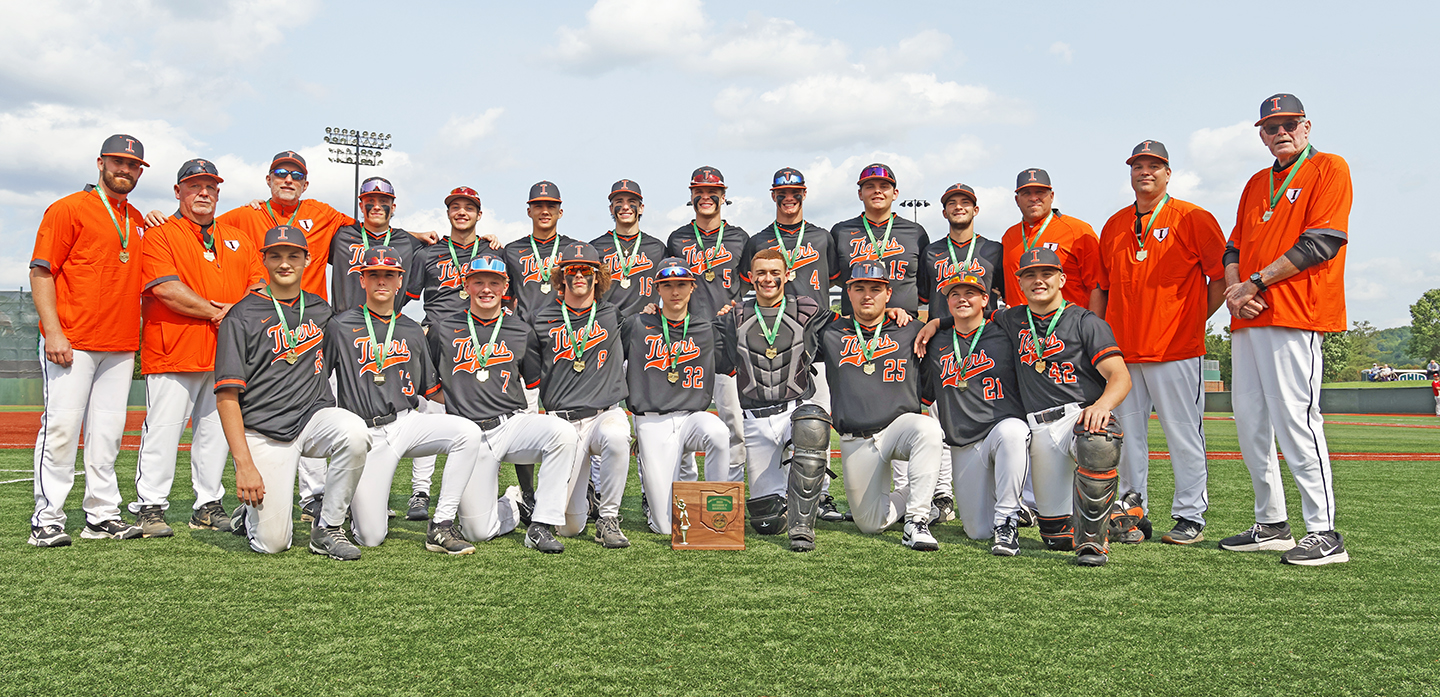UL’s Hurtt cited in NCAA probe of Hurricanes
Published 2:30 am Tuesday, February 26, 2013
LOUISVILLE, Ky. (AP) — Louisville’s Clint Hurtt faces allegations of receiving and providing impermissible benefits while an assistant at Miami. The NCAA says Hurtt received a $2,500 loan and provided perks to Hurricanes recruits.
The governing body sent Hurtt and Louisville a letter of allegations last Tuesday, which the university released Monday as part of an open records request. The NCAA says the 34-year-old defensive line coach provided false and misleading information during its investigation of Miami, an ethical violation of NCAA Rule 10.1.
The NCAA says Hurtt also knowingly provided impermissible benefits by arranging for Miami former booster and convicted felon Nevin Shapiro to buy meals for recruits.
The letter lists specific infractions allegedly committed by the former Hurricanes assistant, including rides and housing for recruits totaling $3,315 between 2006 and 2009.
Hurtt, who played at Miami, was a Hurricanes assistant for eight seasons between 2001-09. He has until May 20 to respond to the charges. Louisville athletic director Tom Jurich said last week that Hurtt will remain on Louisville’s staff while his case is pending, but the AD wouldn’t whether Hurtt will be on the Cardinals football staff next season.
The NCAA letter lists six instances in which Hurtt is alleged to have provided benefits to recruits, including trips to Shapiro’s home, dinner, housing at Hurtt’s home and a bowling trip.
The NCAA also said Shapiro loaned Hurtt and a Hurricanes volunteer recruiting assistant at least $7,025. Hurtt received an interest-free $2,500 loan in April 2009 and repaid it four months later.
He also sent 41 text messages between 2007 and 2009 and made several phone calls to recruits in ’07 that the NCAA considers impermissible.
Miami is facing the charge that it had a “lack of institutional control” — one of the worst things the NCAA can levy against a member school. The charge revolves around how the school allegedly failed to monitor the conduct of Shapiro, a Ponzi scheme architect who provided cash, gifts and other items to players, coaches and recruits.





